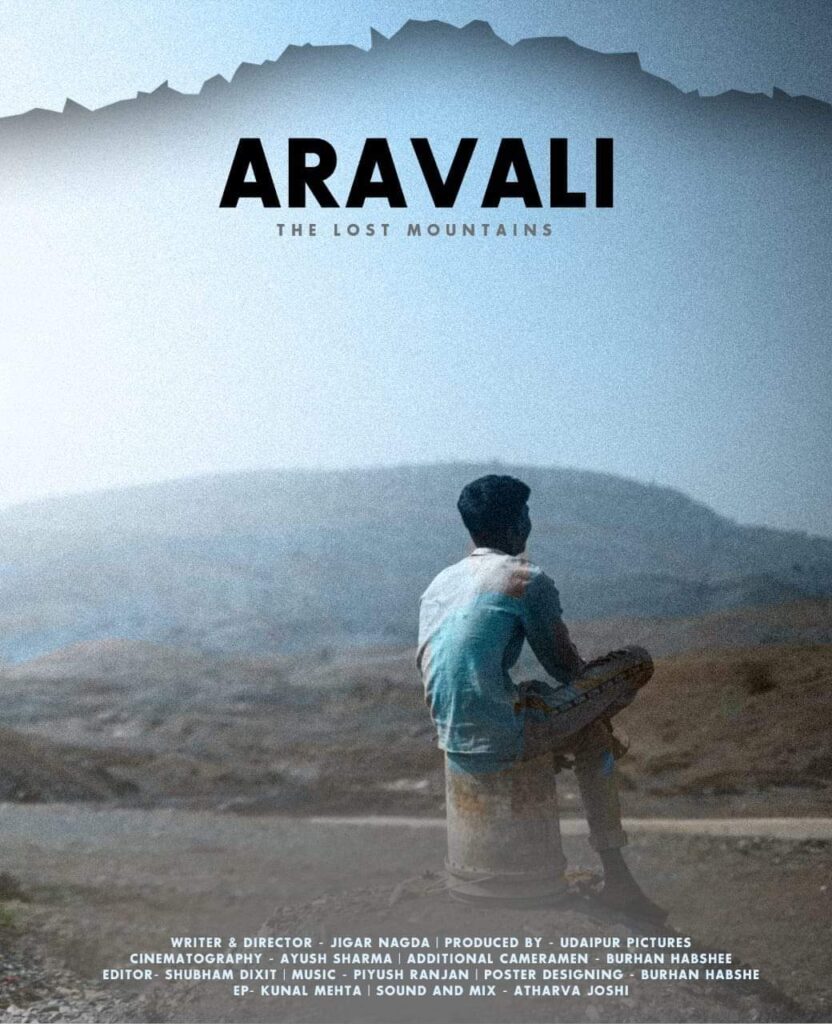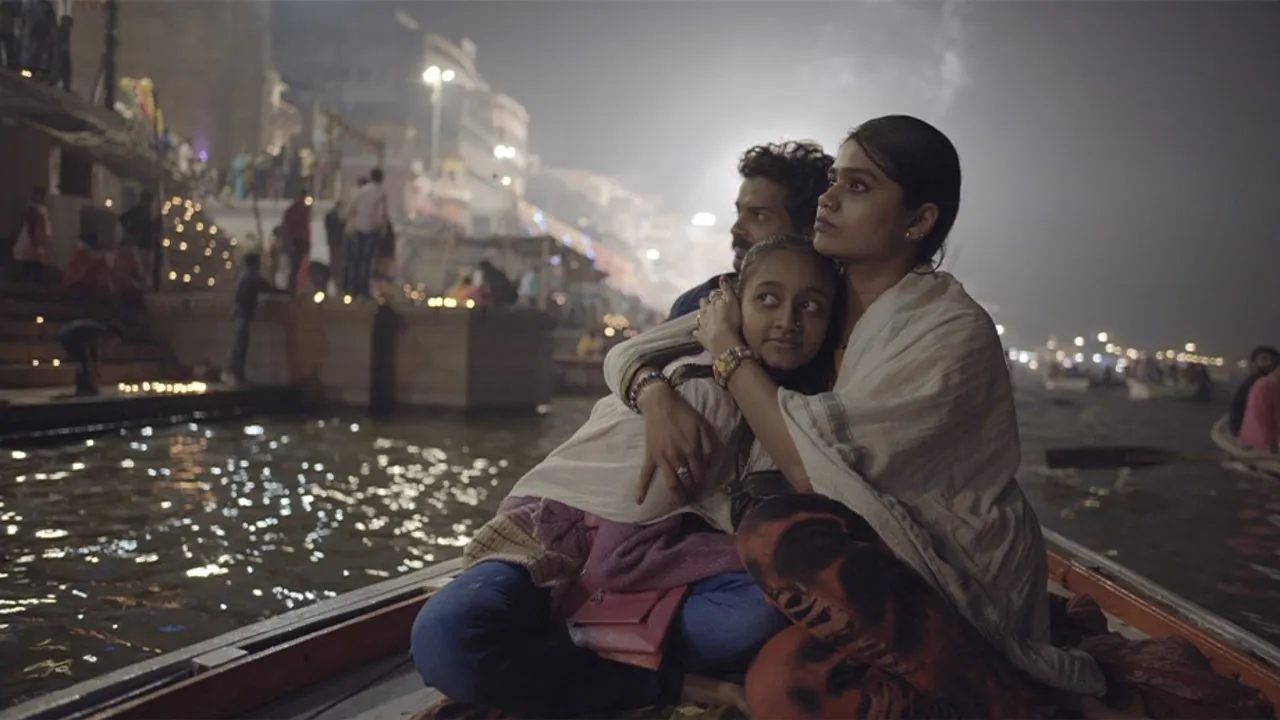There are many short films available to watch on various streaming platforms including YouTube. But there are very few documentary shorts out there worth watching. Aravali: The Lost Mountains sheds light on a growing concern in the regions along the Aravali mountain range. The reason for that concern is very simple, Mining. Living in a place where food and water shortages are plenty, there is a desperate need for people to make money, to be employed, and to care for their families. And in their quest to do all this, what are they giving up? Maybe not much short term, but in the long term? That is the question this documentary short is trying to answer with the environment playing the lead character.
In the opening scene, we are introduced to Rajasthan’s Rajsamand district in India. Rajasthan is one of the most driest states in India. So, naturally, water shortage is likely but the people have been busy, employed, and working hard for the biggest industry of the region i.e. the Marble Mining industry. Everyone living there truly believed that their lives had improved, there was significant growth in the economy, unemployment was low and everything was going great. Companies don’t care as they are mining profits and they will continue to do so until there is nothing left to mine. But, therein lies the problem as these mining companies have created some of the biggest mines in Asia. As they dug deeper and utilized a lot of water for their mining processes, they began pushing the water levels in the region lower and deeper into the earth. With no rains in the past few years, the locals could not farm anything and therefore were left with no choice but to reluctantly work for these mining companies.

As mentioned in the documentary, there is so much land in the state of Rajasthan but the lack of water has always been a huge issue plaguing the state for decades. Coupled with the water shortage, air pollution due to the blasting occurring in the mines is another huge issue. People are having breathing problems but they do not realize that it is because of all the mining. There is a sense of denial among them as their livelihoods depend on working in these mines but their health may not allow them to do so after a certain age.
The thinking is that eventually the mining will stop, and the environment will automatically bring the old balance back but I think that is just hoping for the best. The government makes a lot of money from these companies mining in those regions, they need to do something to support the welfare and health of the people in those regions as well. There is a lack of awareness and education among the locals on the ongoing issues affecting their regions. Maybe they know everything but choose to live their lives in ignorance. The people themselves have no voice, therefore, documentaries like this are very important to bring attention to the region. Director Jigar Nagda and his team have shed light on an issue that is a double-edged sword. The documentary highlights their ever-growing concerns but it is up to us to support them and come up with solutions to help the people living in those regions.



